It’s the same the world over: if you want the low-down on a place, speak to the cab driver.
Earlier this week, our very own City of Iqaluit was featured in the BBC Two show called “A Cabbie Abroad,” a show where “London cabbie Mason McQueen takes on the challenge to drive a taxi in three very different cities around the world.”
In a small town like Iqaluit, news travels fast – especially when that news involves the BBC. Needless to say, we have been waiting for this episode to air ever since the film crew was here this past winter.
After watching the episode, it is clear that “A Cabbie Abroad” is about much more than driving taxis in foreign countries. It is a show that uses those taxis as a lens for understanding local culture. As a result, not only does the documentary show the – err, idiosyncracies – of Iqaluit transit, but it also explores the broader socioeconomic conditions in the north.
I initially hoped the producers would accurately depict the “finer side” of Iqaluit’s taxi service (i.e. the unique characters that are your cabbies; the familiar strangers that are your fellow passengers). Well, they sure did. By becoming a temporary Pai-Pa Taxi driver, the show’s host, Mason McQueen, quickly learns about $6 per person fares and the horror that is driving in blizzards.
Those who are familiar to Iqaluit will appreciate the host’s frustration with unintuitive building numbers and experience of “rush minute” at four corners. Heck, even those who aren’t familiar with Iqaluit appreciated the humour:
@ladykcab @MasonMcQueen1 100's, 200’s, 300’s etc
— Jason Marco (@chuckles1025) June 29, 2014
@MasonMcQueen1 'is that near four corners?'….Classic mate.
— Tom Sykes (@tomesykes) June 29, 2014
@ladykcab @MasonMcQueen1 “4 corners!!”
— Jason Marco (@chuckles1025) June 29, 2014
Loving @MasonMcQueen1 in #acabbieabroad. If anyone asks me for directions, i'll ask, "Is it near 4 corners?" Great work Mason!
— Fat Scottie (@FatScottie) June 29, 2014
I also hoped the producers would represent Iqaluit in a respectful and objective manner. Having experienced life in the north for four years, I have come to learn that a fine line exists when communicating the stark realities of this territory that, while seemingly pristine at first glance, is greatly affected by social issues at a closer look. If anyone perceives that the fine line has been crossed, it may result in some backlash.
It doesn’t take long for the host to recognize the deep divide between the rich and the poor, yet he acknowledges that “some have adapted better than others in this modern world.” Not only does he navigate the treacherous roads with consideration and care, but he navigates the complex social issues in the same manner. To come face-to-face with food insecurity, homelessness, and suicide is a difficult task for anyone (let alone a first-timer to the north), but I think Mason does a great job. The Brits agree:
#cabbieabroad so thought provoking, tragedy for some of the Inuit people, expertly handled with care by @MasonMcQueen1
— LoobyLou72 (@_LoobyLou72) June 29, 2014
Watching #acabbieabroad with @MasonMcQueen1 – informative & unpretentious. Heartbreaking seeing the Inuit people living in poverty.
— Sharon Murphy (@RealSmurfy) June 29, 2014
The documentary focuses on the positive aspects of living in the north as well. Mason enjoys the lighter side of life in Iqaluit by learning how to navigate slippery roads from Pai-Pa Taxi’s Craig Dunphy, being taught how to throat sing by The Jerry Cans‘ Nancy Mike, and being shown how to ice fish by Honorary Toonik Solomon Awa.
Perhaps the most entertaining part of watching the show is spotting some familiar faces (much like when watching the Iqaluit episode of Amazing Race Canada). Well-known Iqalummiut make appearances throughout the episode, including Becky Kilabuk, Karliin Aariak, and David Murphy, among others.
From what I can tell, the documentary appears to be well-received in the UK…
@MasonMcQueen1 Really enjoying A Cabbie Abroad it has both funny and touching moments @bbctwo #greatprogramme
— Liz Deery (@LillyDeery) June 29, 2014
Watching A Cabbie Abroad, the Inuit people and their history is amazing. Really makes me want to travel to the Arctic
— Mark Hannah (@markthannah) June 29, 2014
A Cabbie Abroad – brilliant film @griffh1 highlighting issues facing Canadian Inuit in Iqaluit today. Iplayer it!
— Elizabeth White (@Elizabeth0White) June 29, 2014
… But I’m curious to know what Iqalummiut think of the episode. So please check it out and let us know!
For our readers who live in Nunavut who have not yet seen the episode, you can find a friend who has 1) Iqaluit Cable’s “Places” package, 2) a PVR, and 3) enough forethought to have already recorded it this past Sunday night (Updated: The episode is streaming for free on DailyMotion!). For our readers who live in the UK (anyone? Bueller?), you can stream the episode on BBC iPlayer for another ten days.
If you’re still not convinced to watch “A Cabbie Abroad” in Iqaluit, the truest testament to its viewing value is this: European football fanatics chose to forego FIFA World Cup in order to watch “A Cabbie Abroad.” Bam.
@MasonMcQueen1 such great telly I even missed the football for this #cabbieabroad
— lesley england (@quilly66lady) June 29, 2014
@MasonMcQueen1 The programme has been that good, mate! I haven't bothered with the Costa Rica v Greece match!
— DTM (@TheKnowledgeNow) June 29, 2014
Have you watched Iqaluit’s episode of “A Cabbie Abroad?” What did you think of it? Let us know in the comment section below or via Twitter!

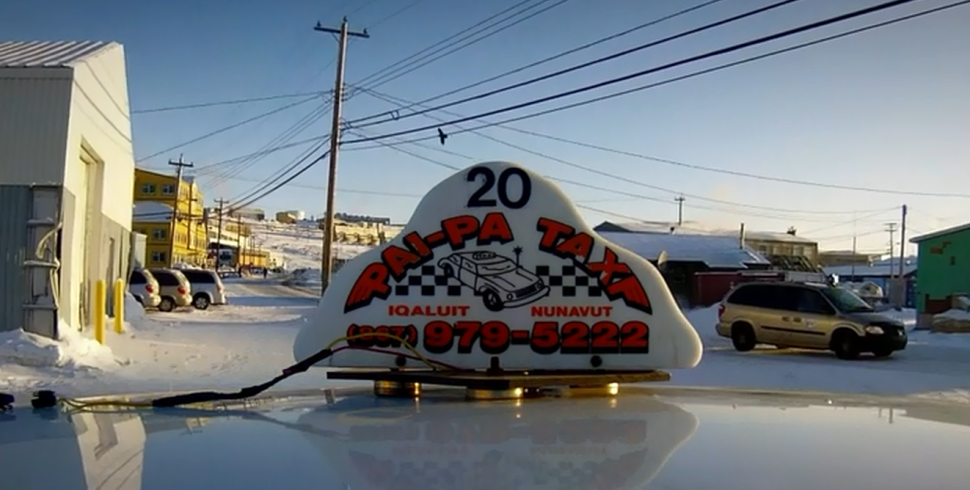
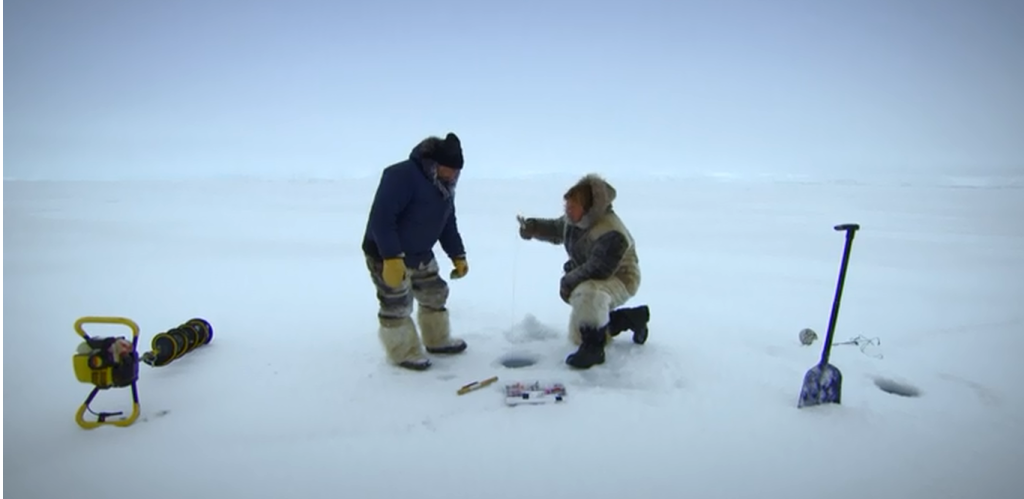


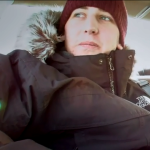

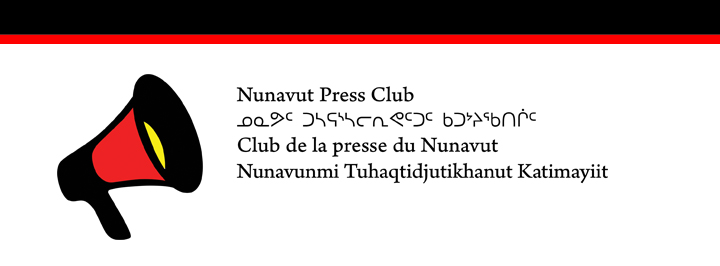
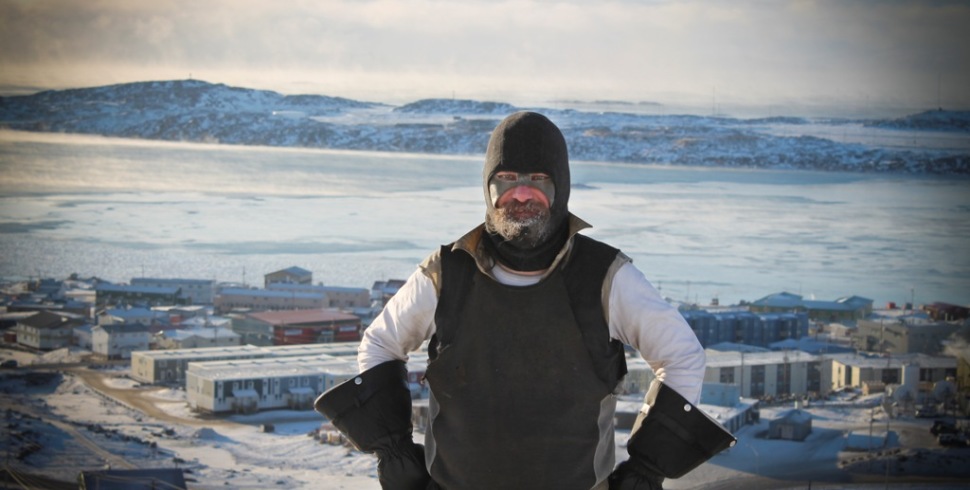
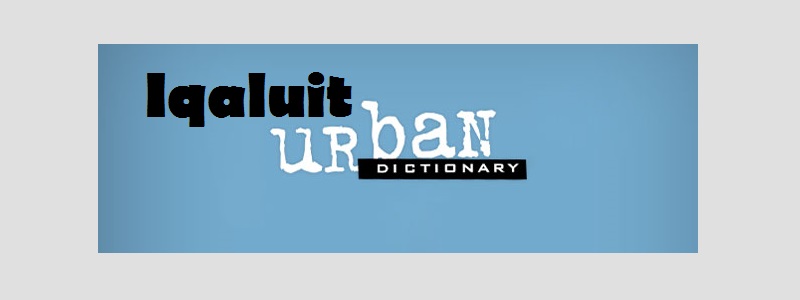

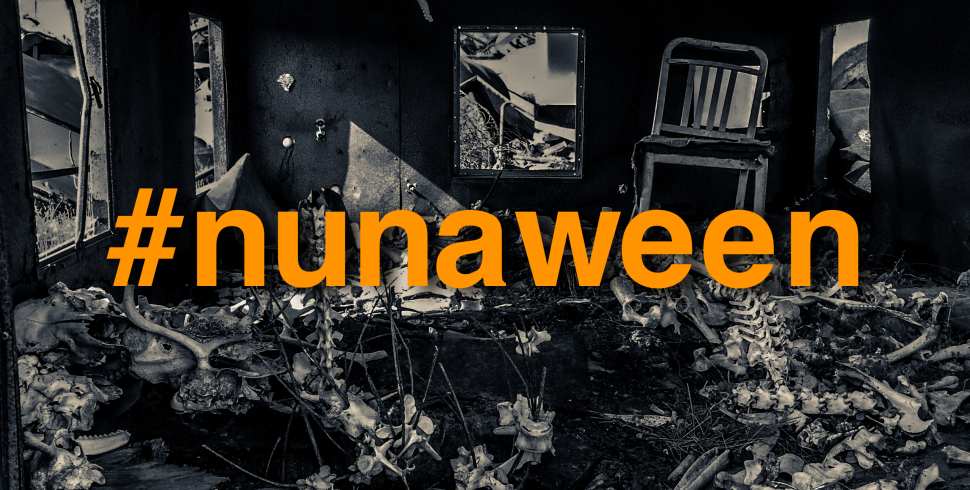


![[GUEST POST] How to Buy Alcohol in Iqaluit](http://findingtruenorth.ca/wp-content/uploads/2014/10/IMG_7936-970x490.jpg)
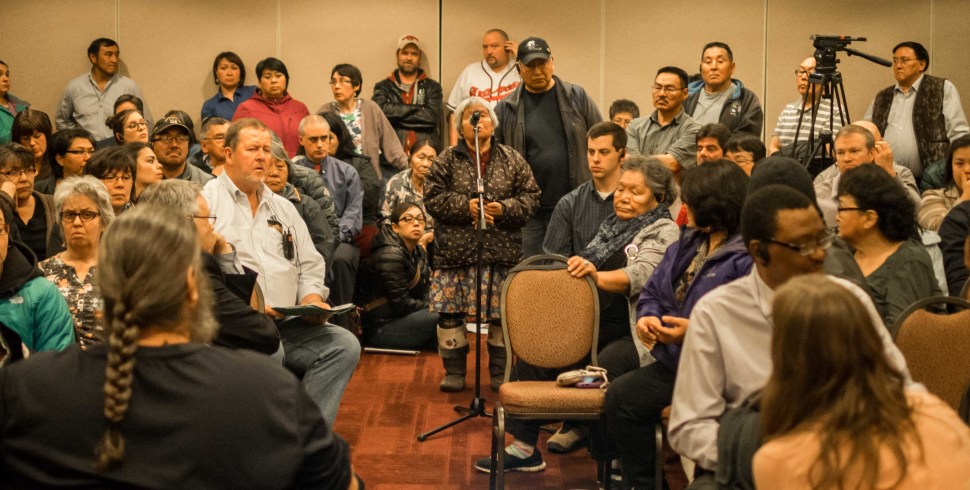
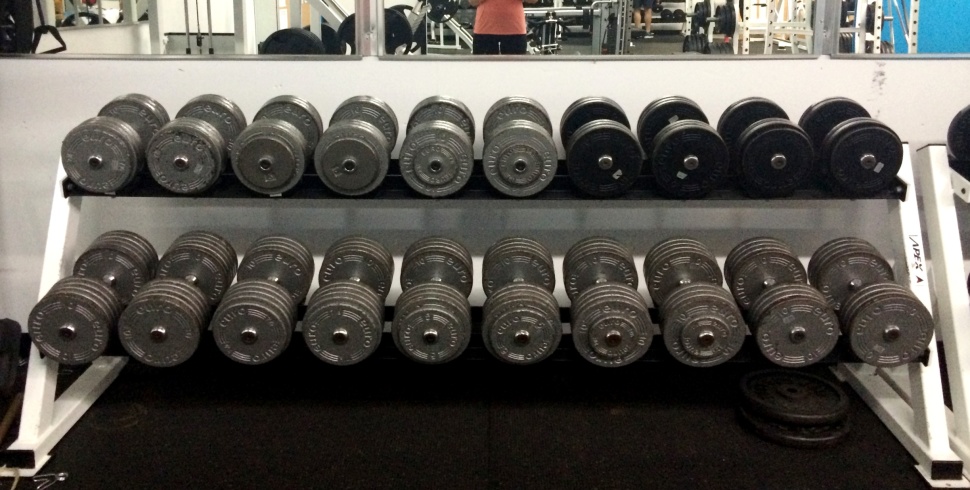

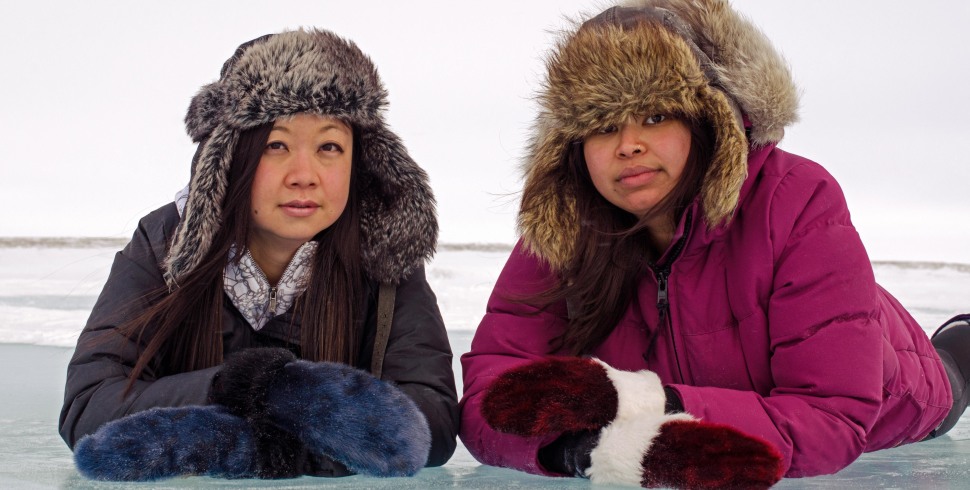
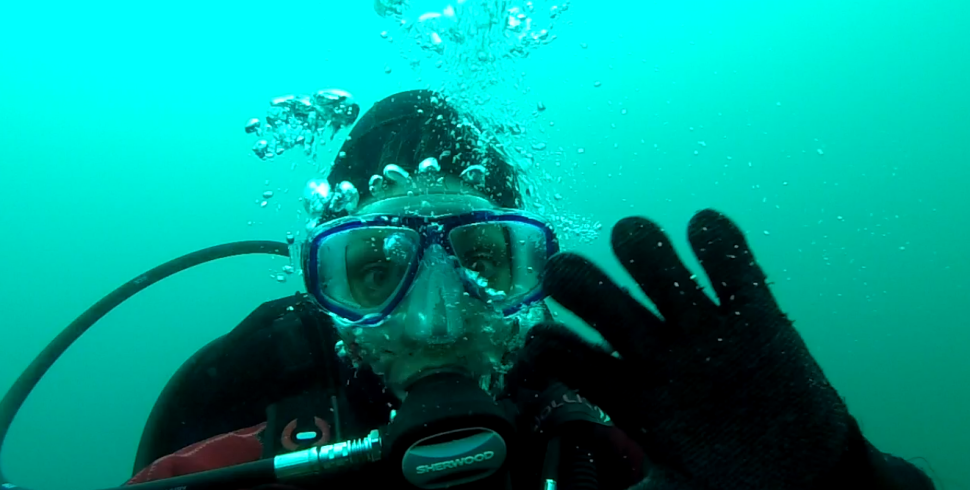
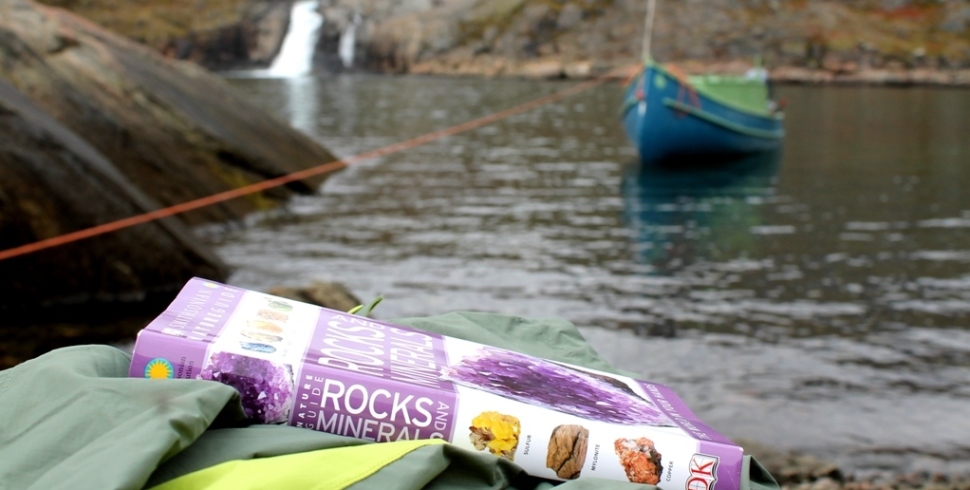
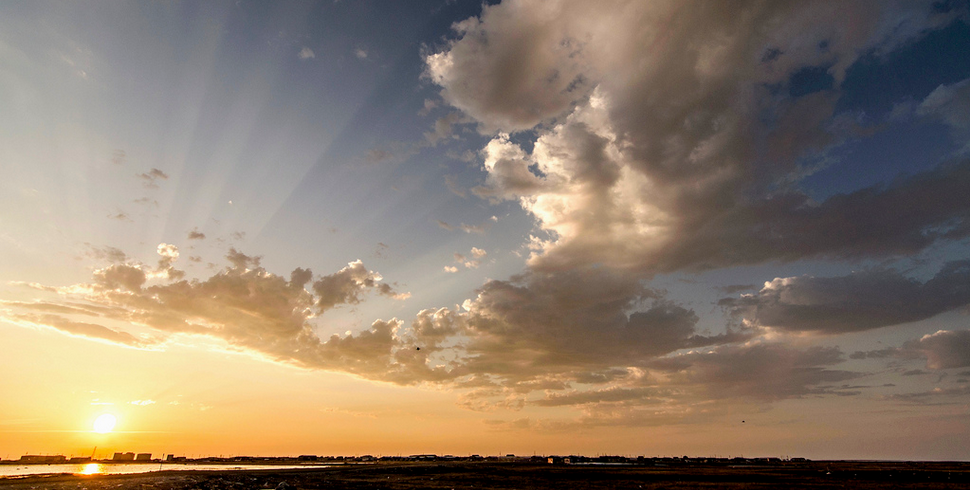
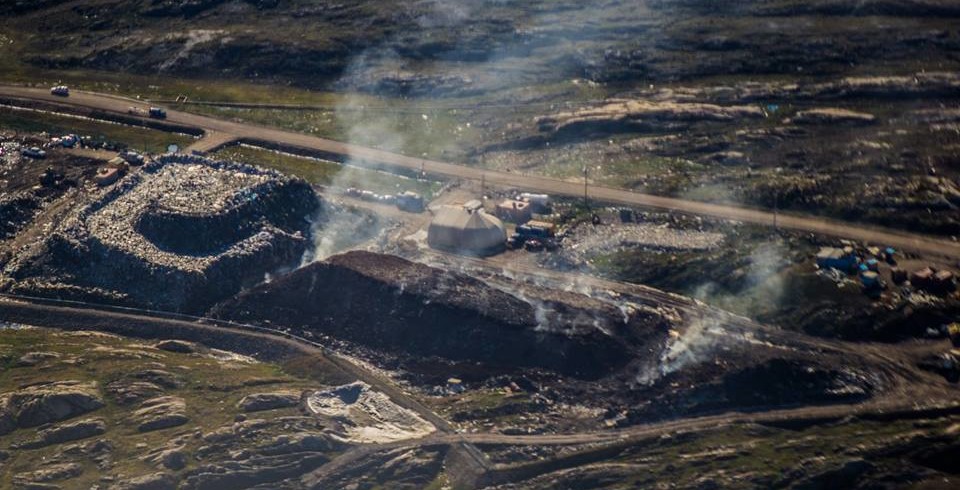
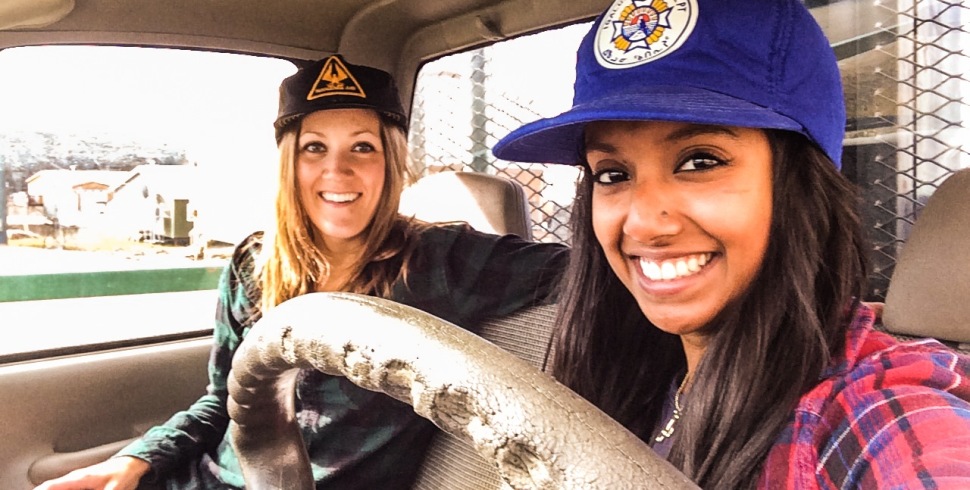
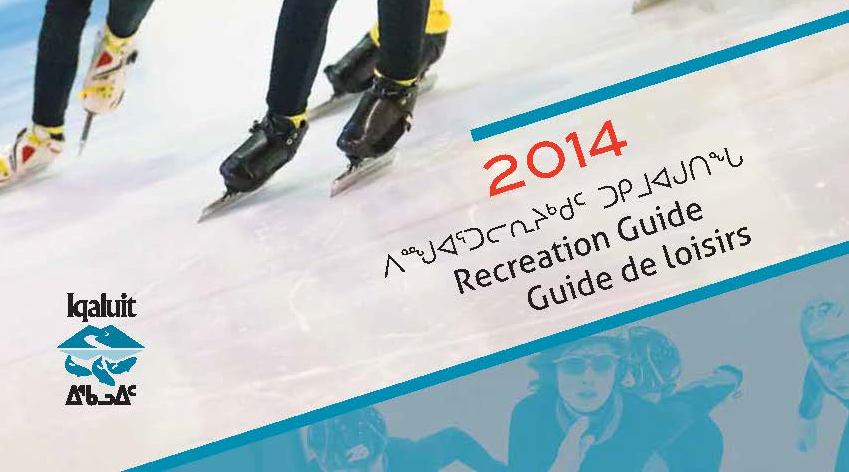
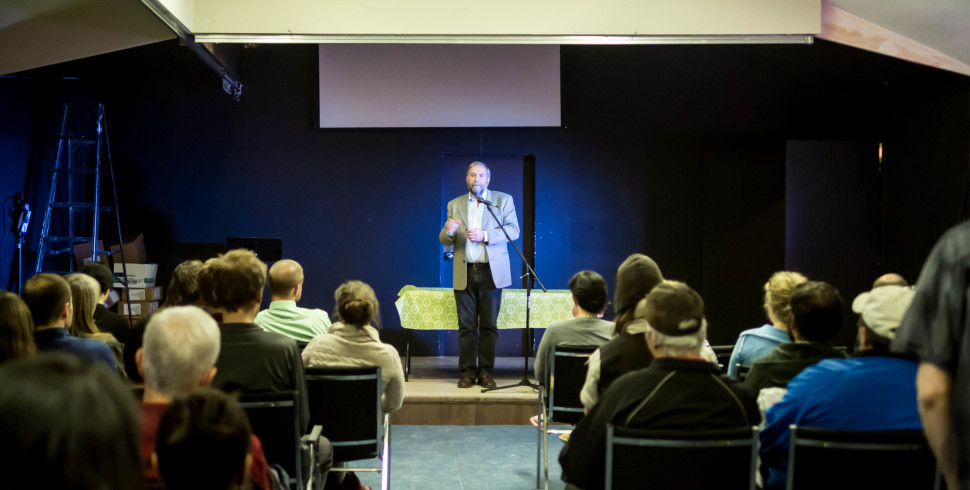

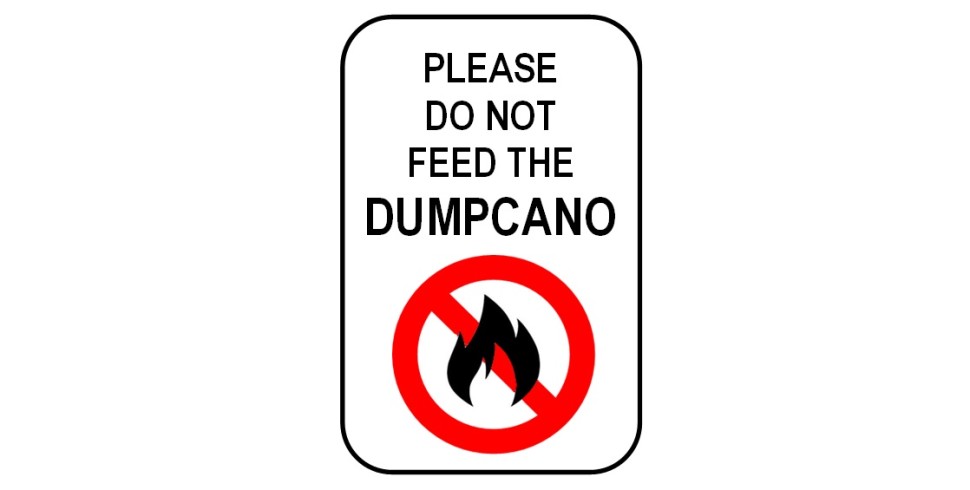
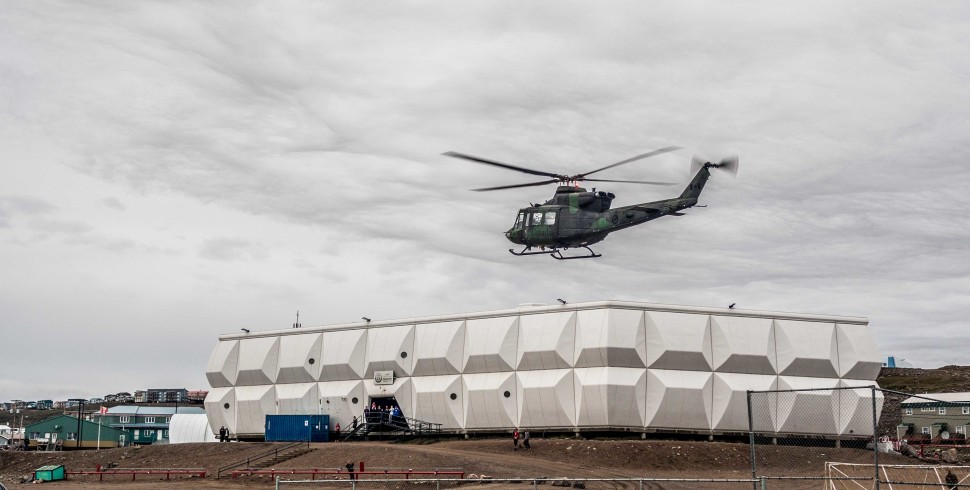
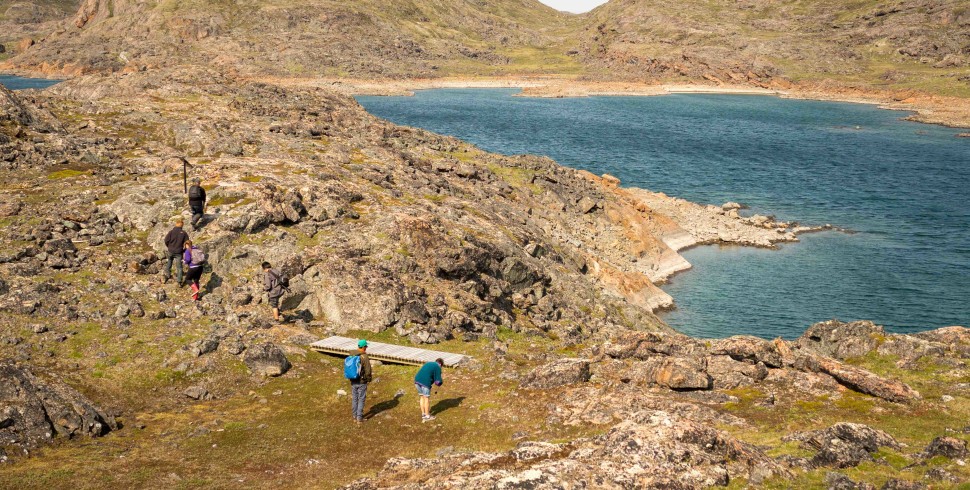
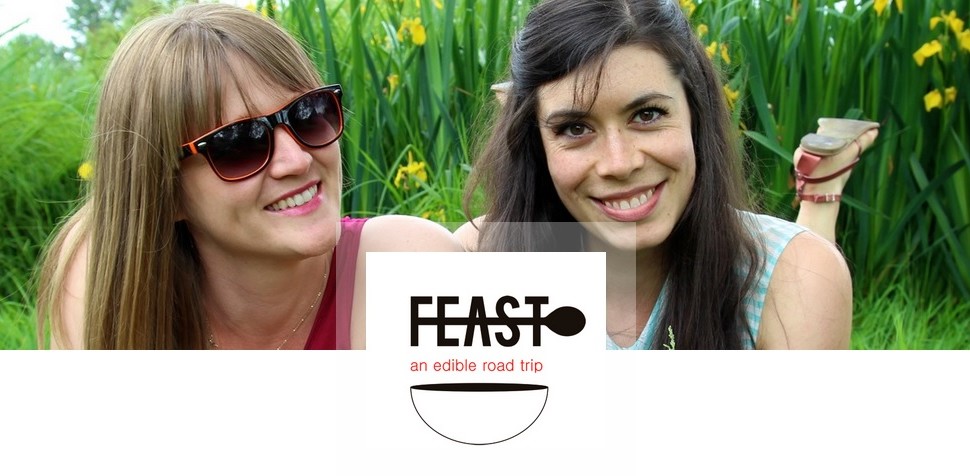
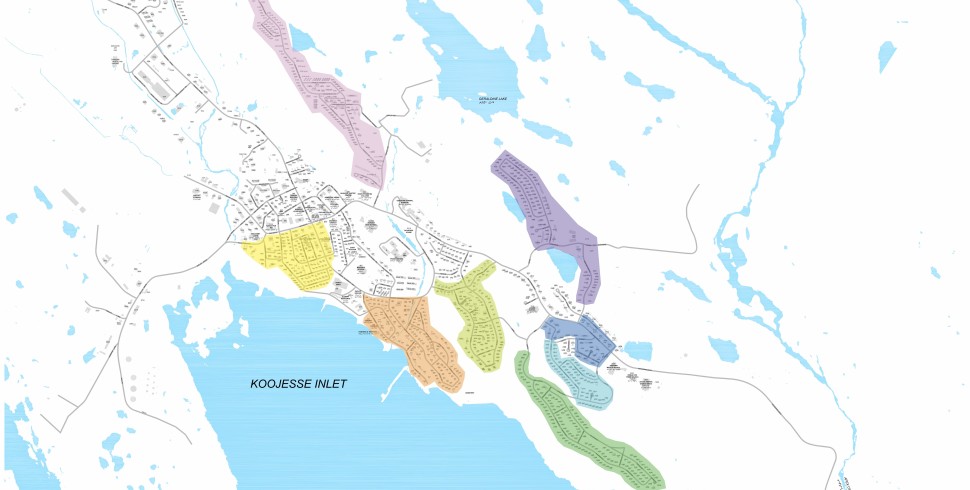

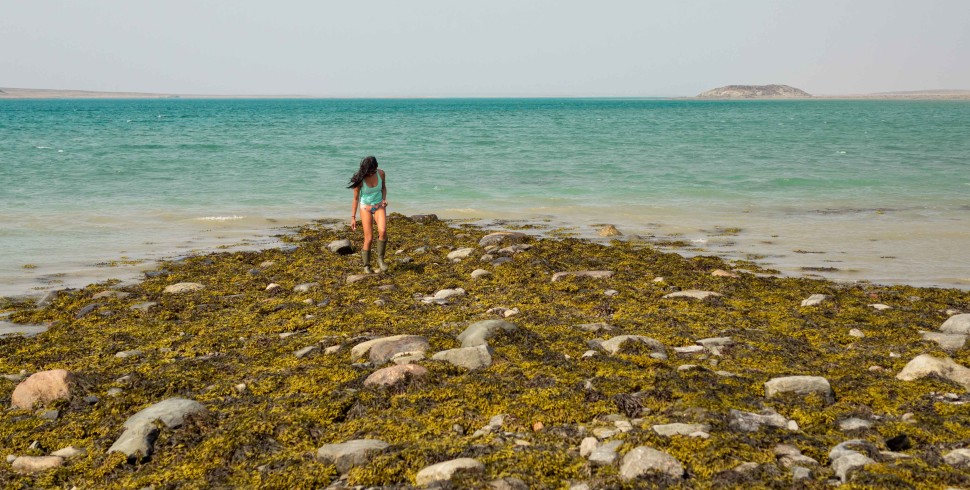
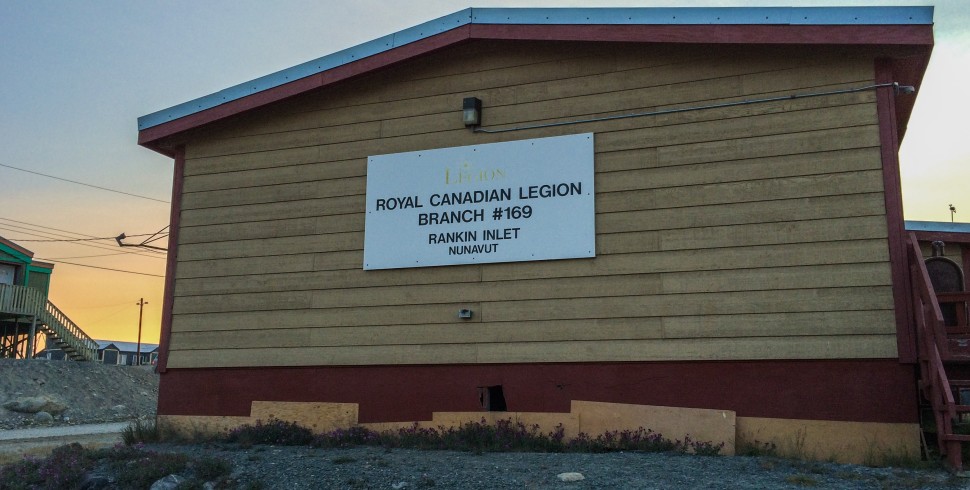
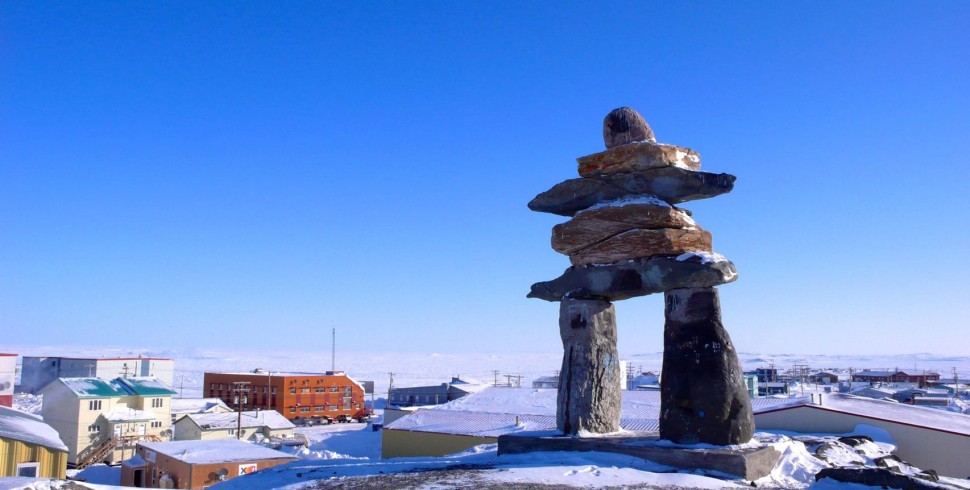
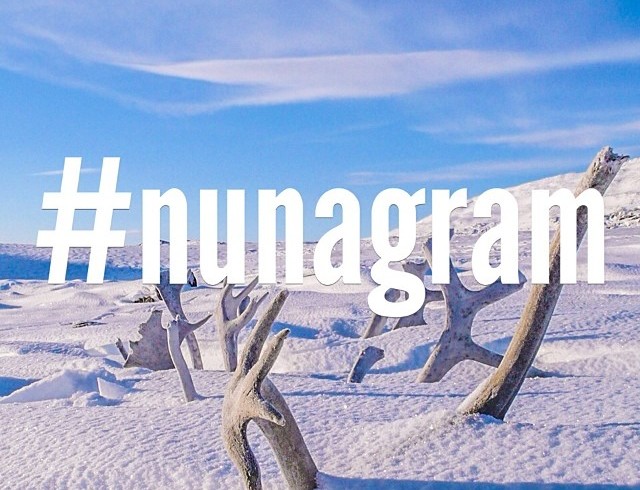
![[Guest Post] Iqaluit Community Greenhouse: Oasis in the Tundra](http://findingtruenorth.ca/wp-content/uploads/2014/07/375665_10151742048070379_1152923082_n-612x490.jpg)
![[GUEST POST] Absolute Car-nage: A Field Guide to the Bumpers of Iqaluit](http://findingtruenorth.ca/wp-content/uploads/2014/07/iqaluit-field-guide-970x490.jpg)
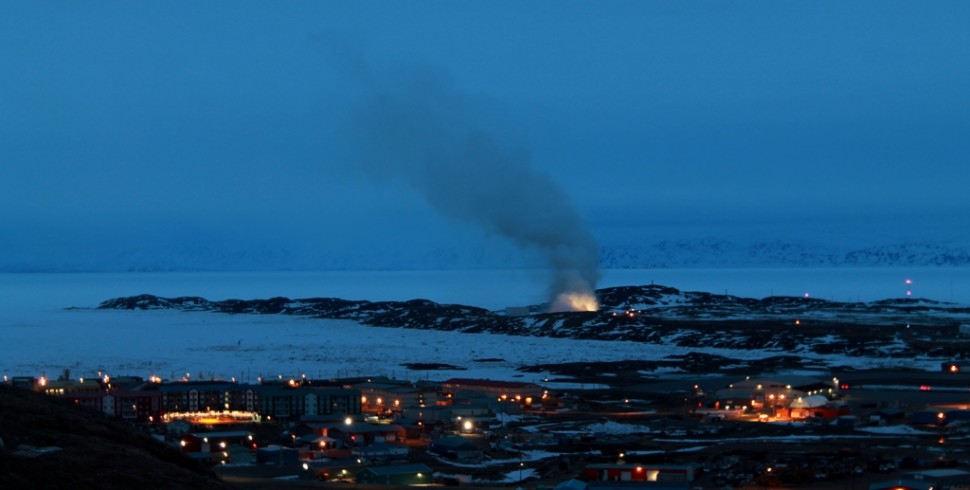

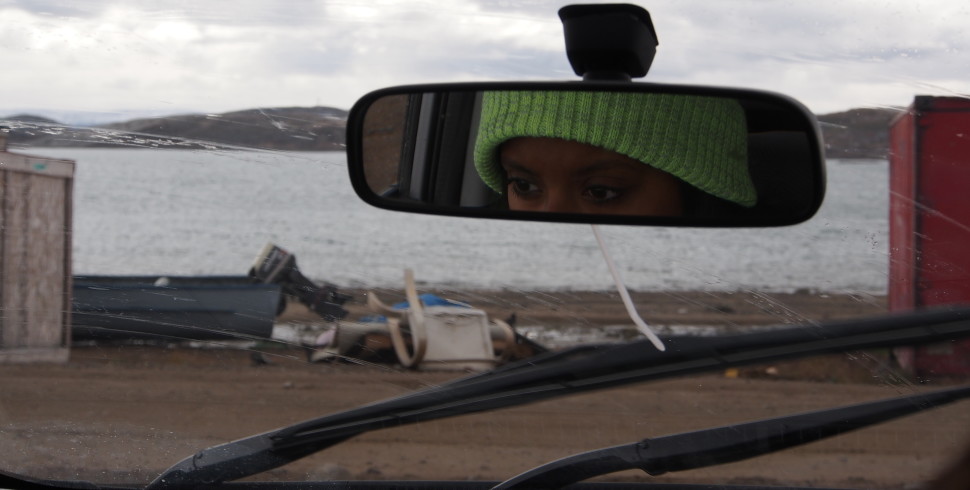

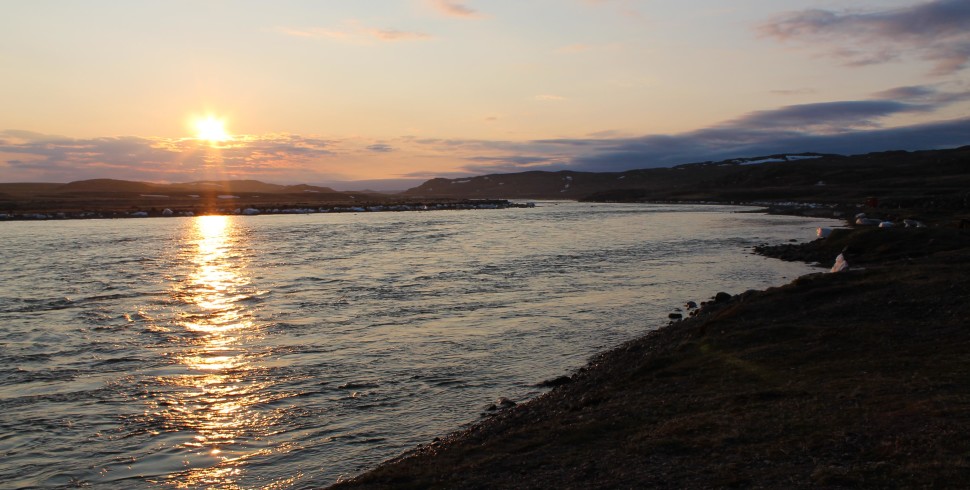

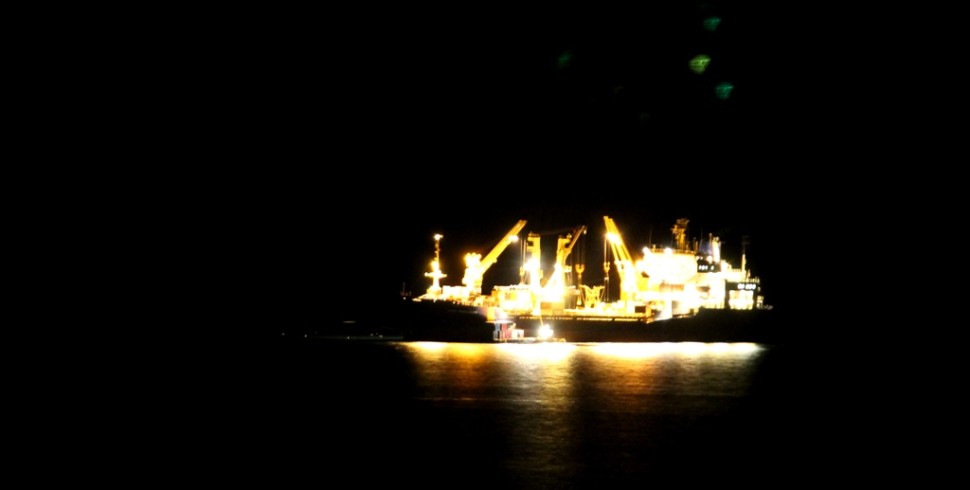
![[GUEST POST] How to Sealift to Iqaluit](http://findingtruenorth.ca/wp-content/uploads/2014/06/sealift-bay-970x490.jpg)
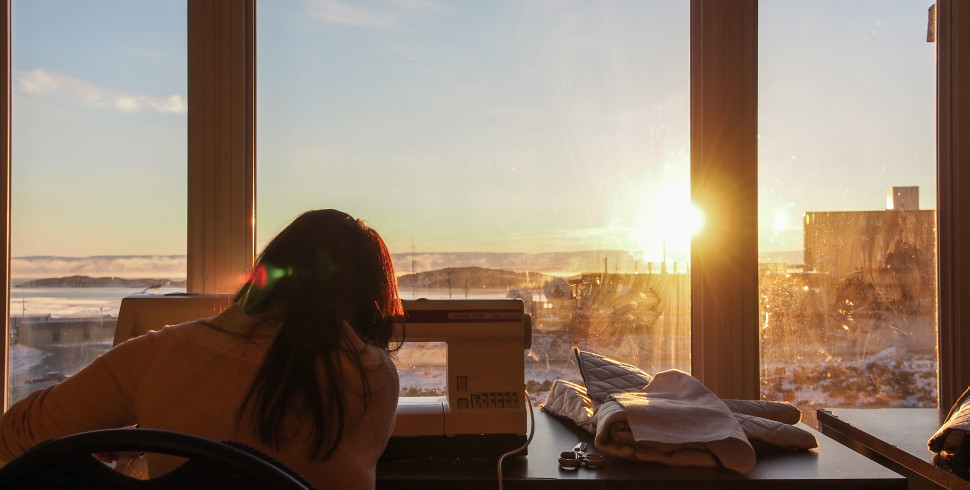
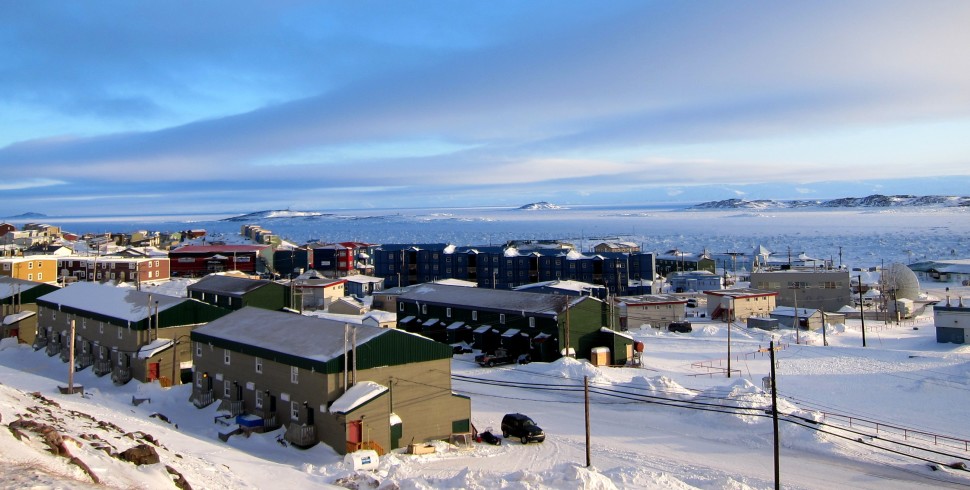
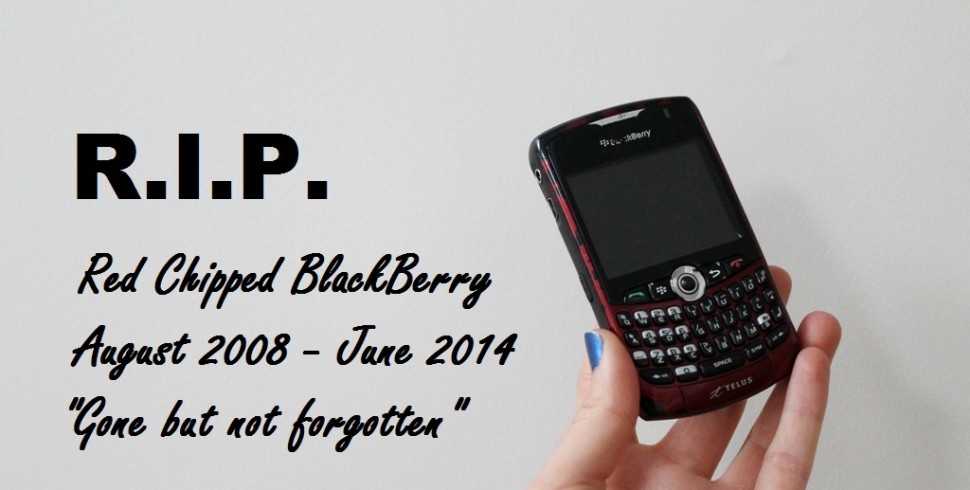
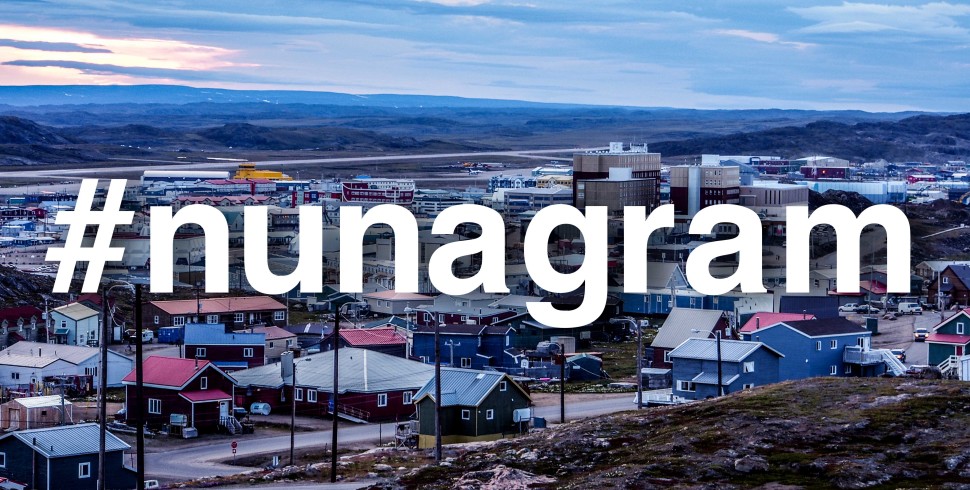
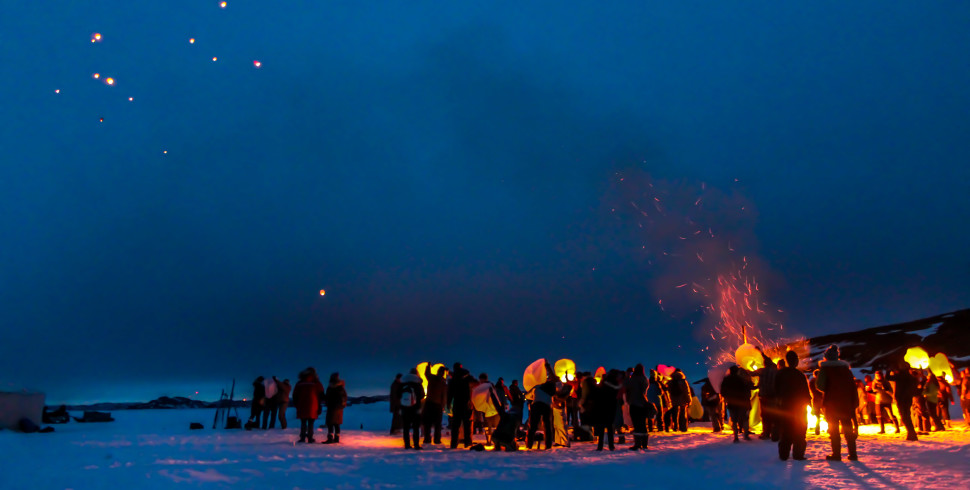
![[GUEST POST] Communications: Nunavut News Thursday, May 22, 2014 13:30](http://findingtruenorth.ca/wp-content/uploads/2014/05/DumpFire-970x490.jpg)
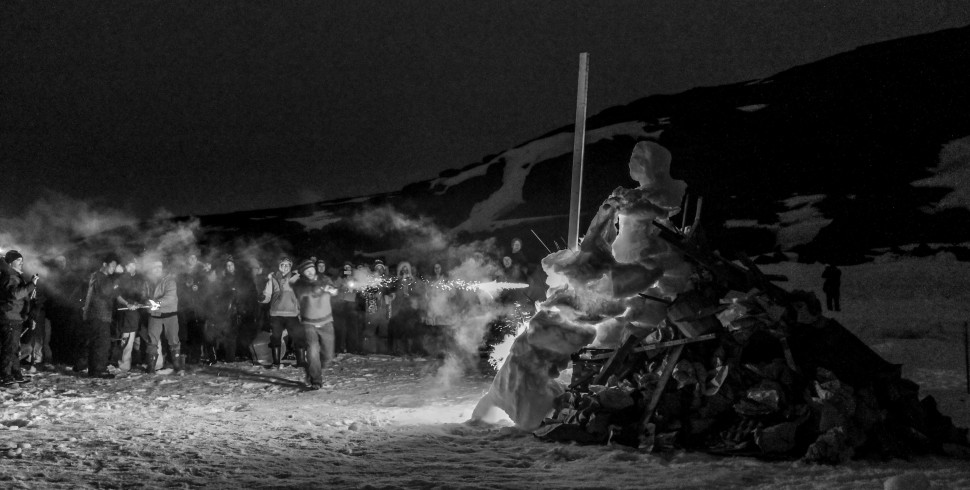
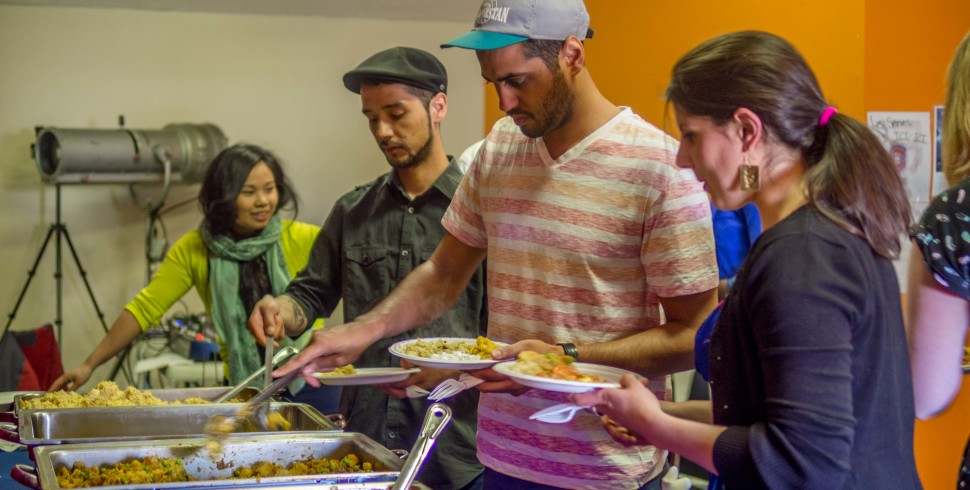
![[GUEST POST] Iqaluit to Kimmirut and Back, in 17 Verses](http://findingtruenorth.ca/wp-content/uploads/2014/05/lede-1-859x490.jpg)
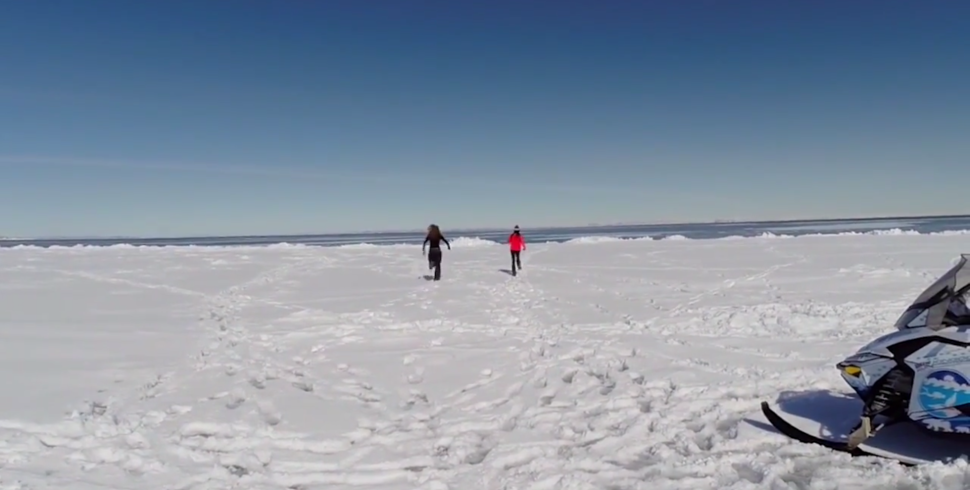

![[GUEST POST] Floppy Sock](http://findingtruenorth.ca/wp-content/uploads/2014/04/6-970x490.jpg)

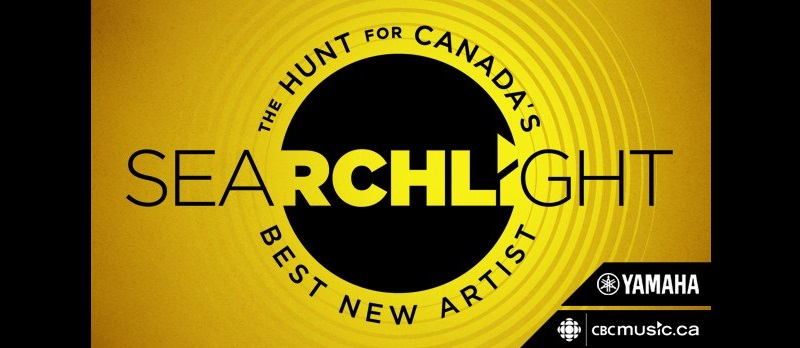

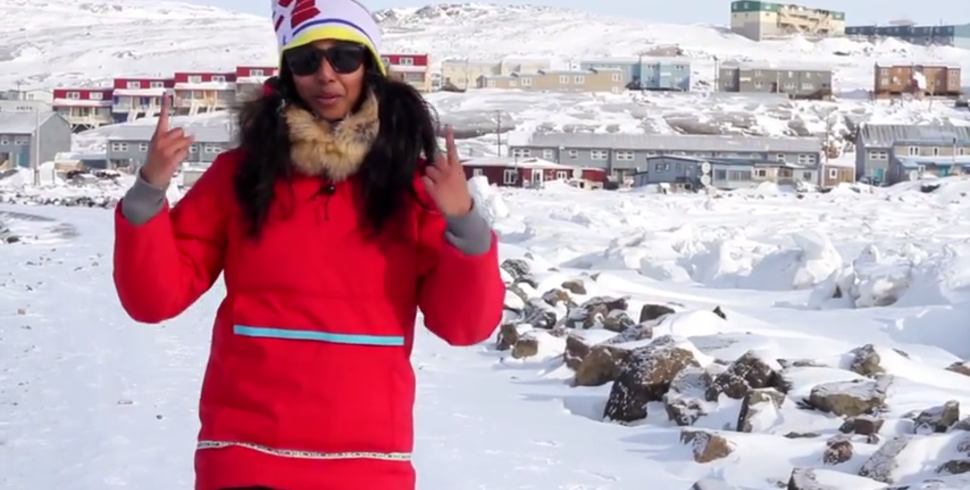
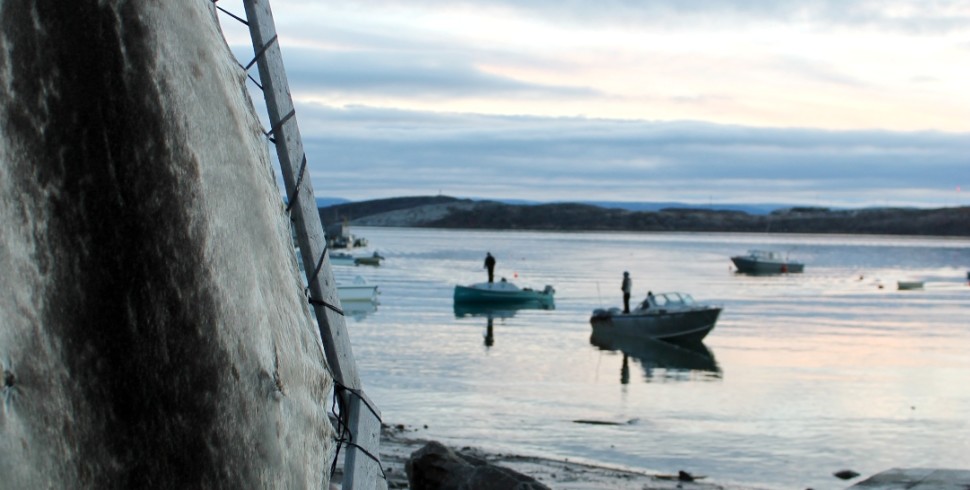


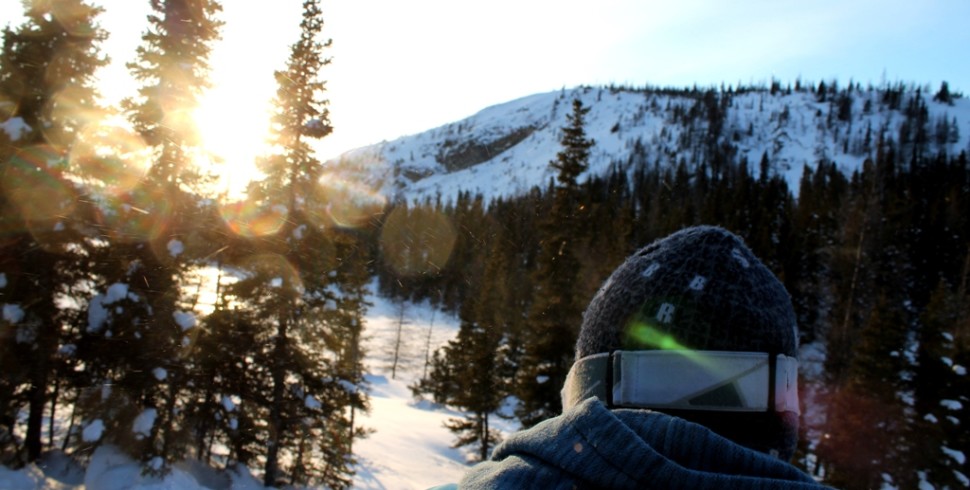
![[GUEST POST] Gustavo’s Guide to Aeroplan, Part Two: Booking a Reward Ticket](http://findingtruenorth.ca/wp-content/uploads/2014/03/plane-960x490.jpg)
![[GUEST POST] Aeroplan to Iqaluit, Part One: Choosing the Right Credit Card](http://findingtruenorth.ca/wp-content/uploads/2014/03/gustavo-ticket-2-970x490.jpg)
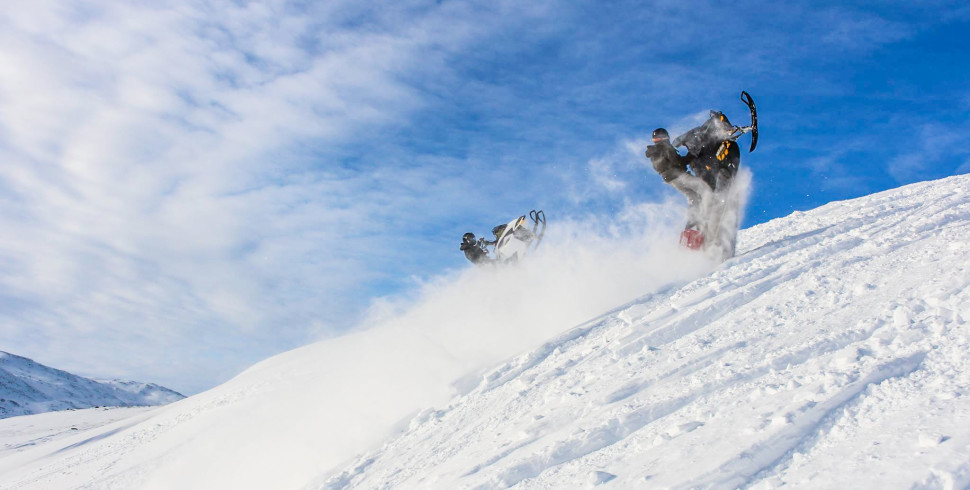
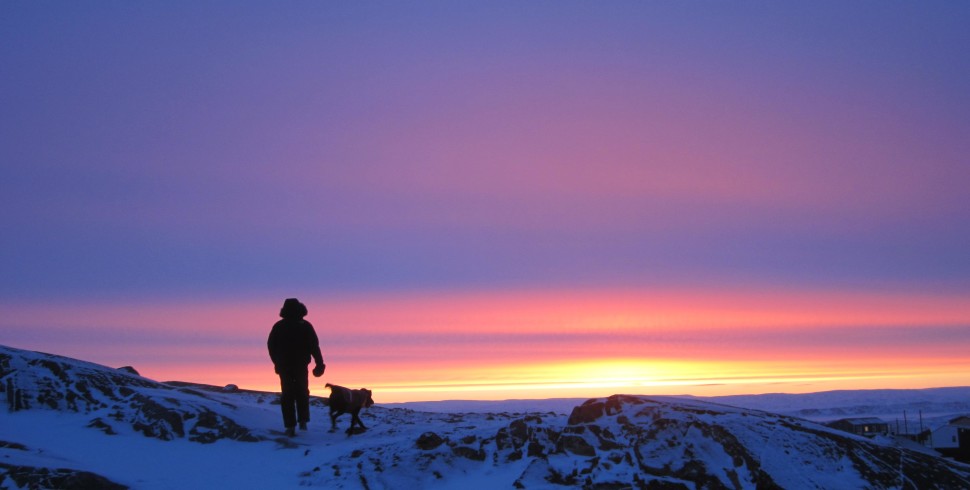

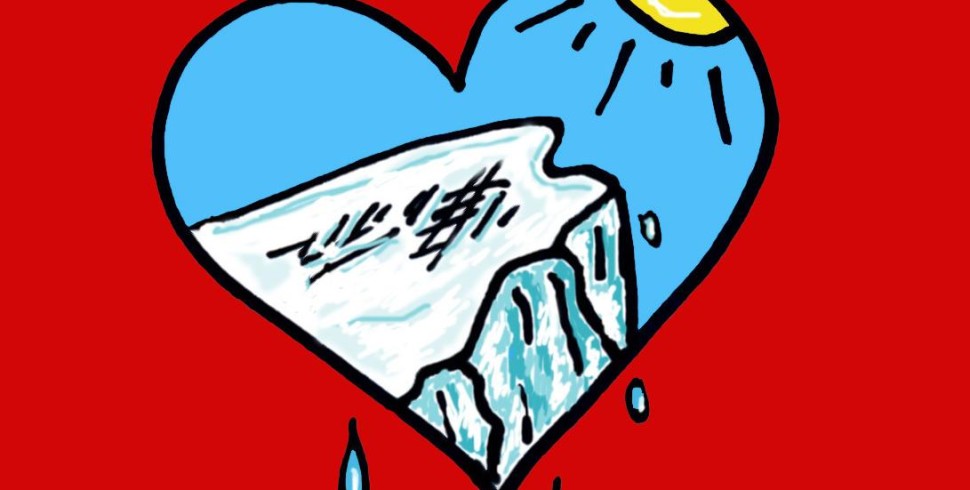
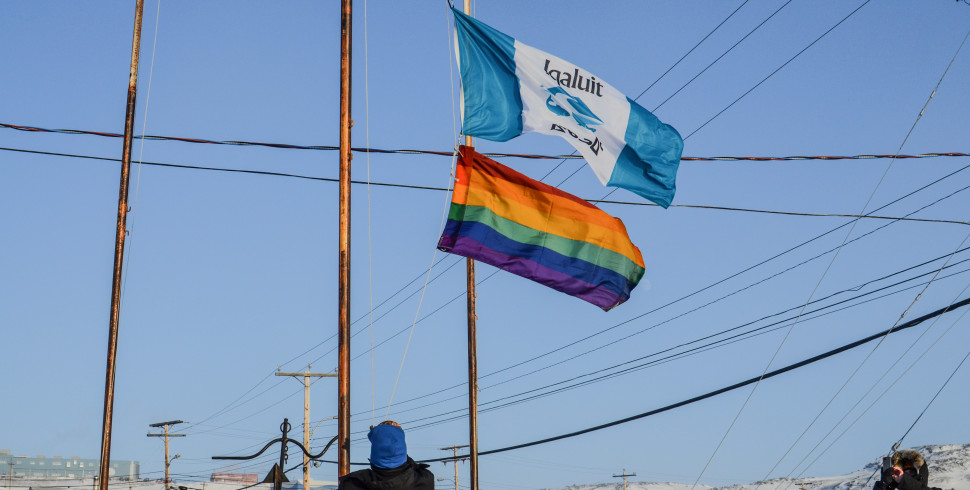
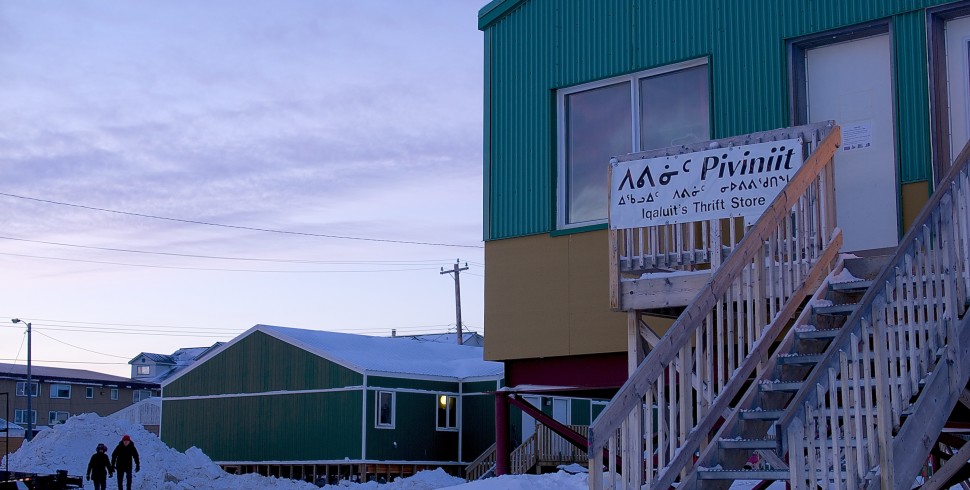

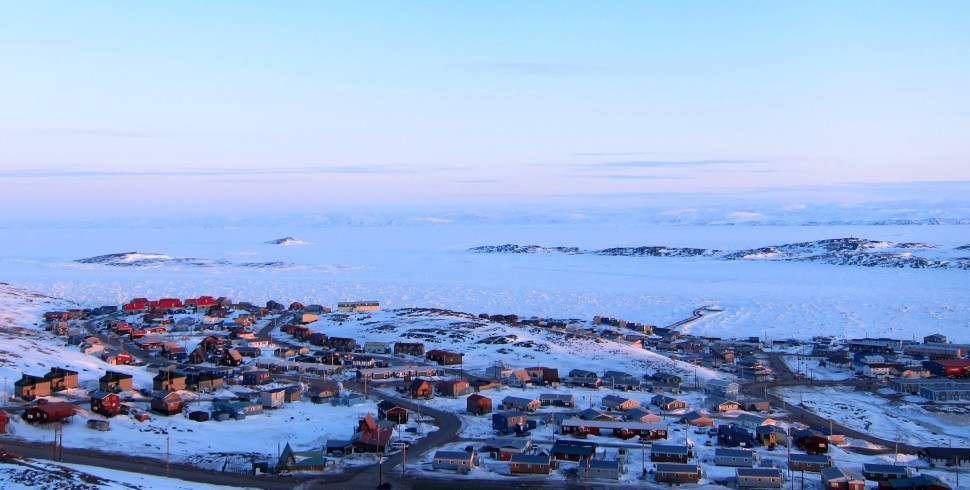
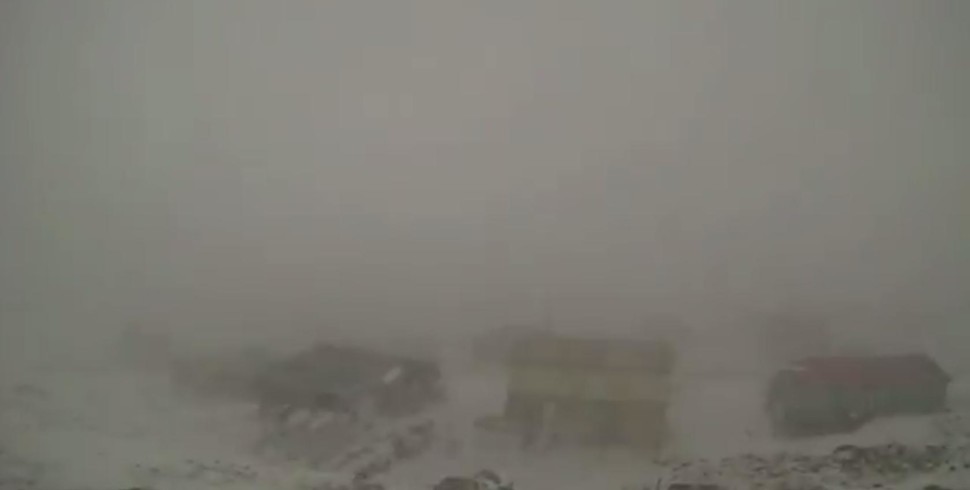
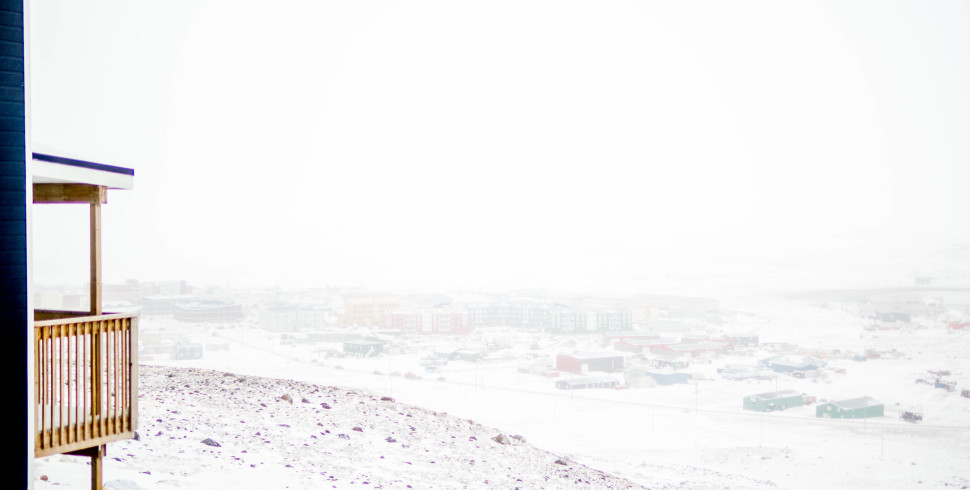
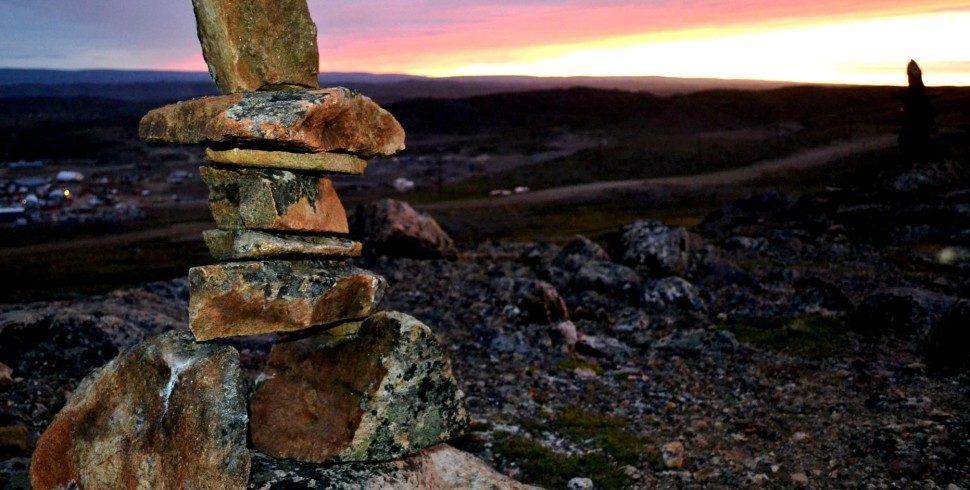
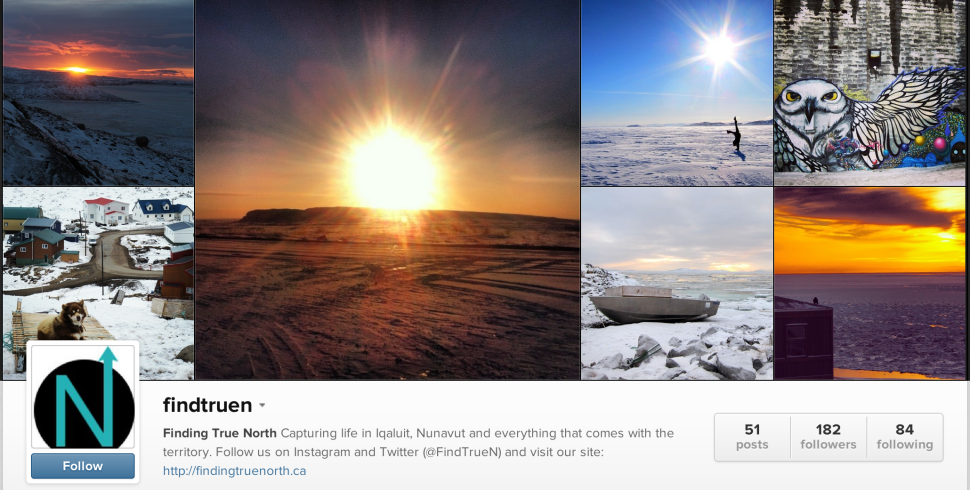
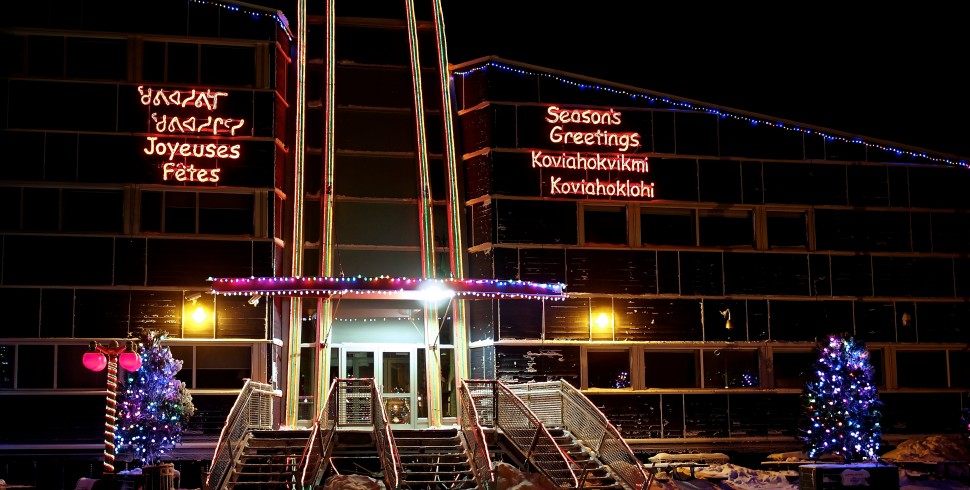
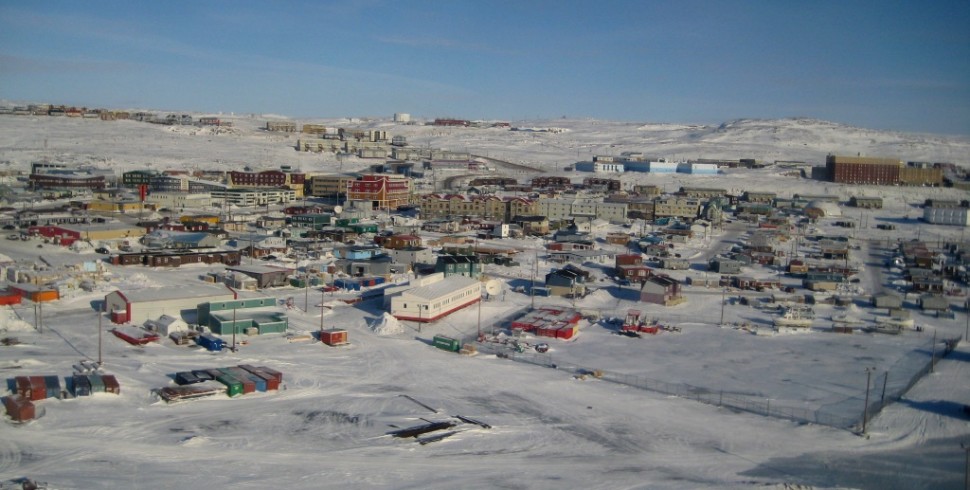

![[Guest Post] 10 Ways Iqaluit is Like a Campus](http://findingtruenorth.ca/wp-content/uploads/2013/12/picstitch-970x490.jpg)
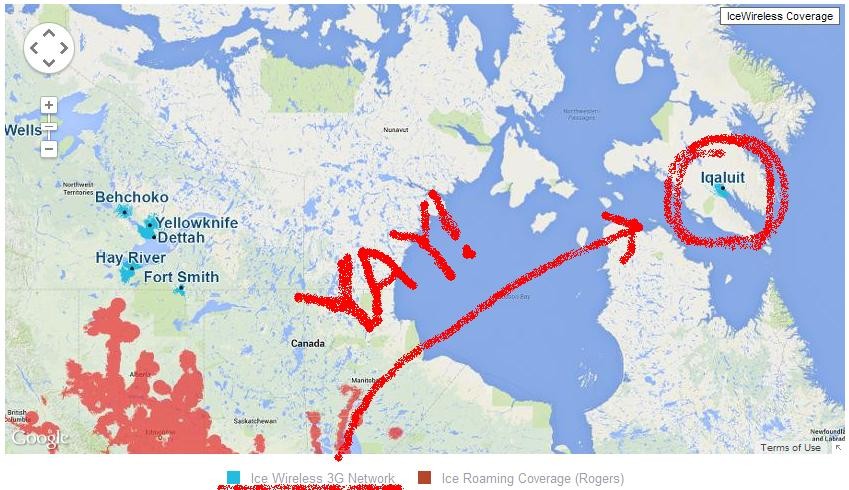
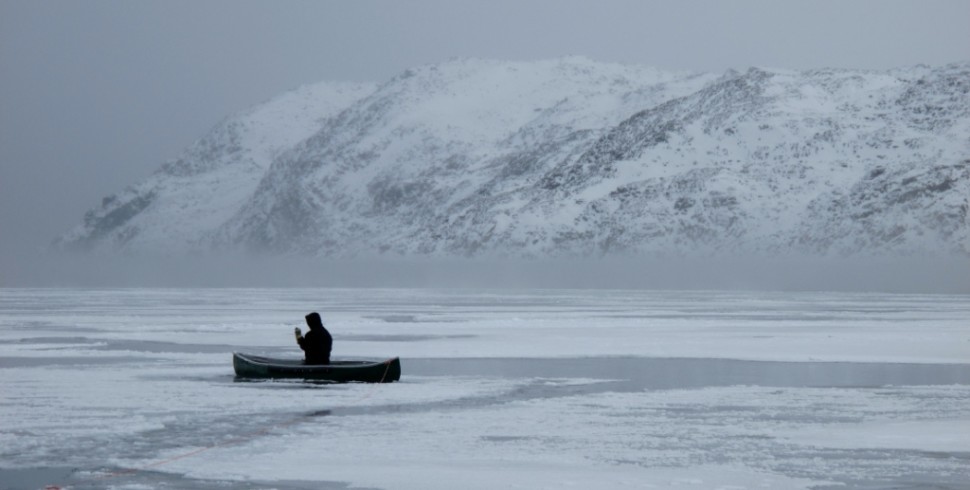

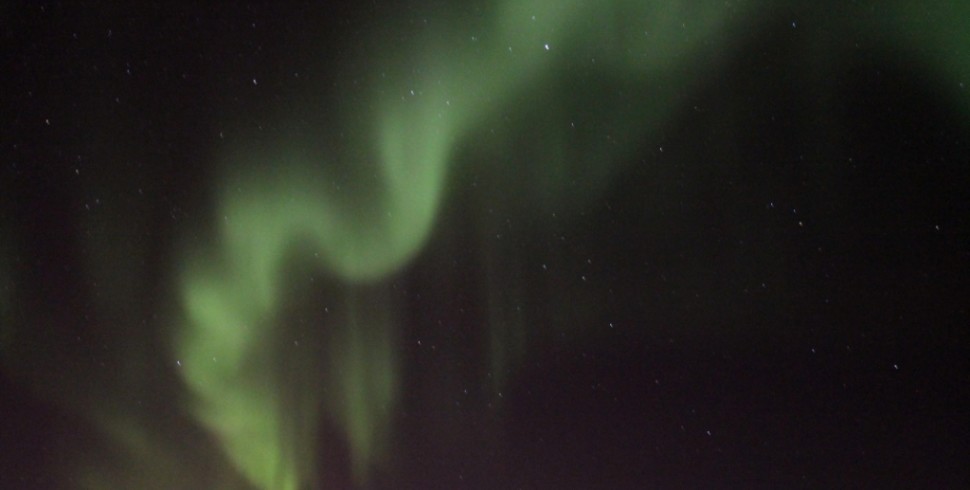
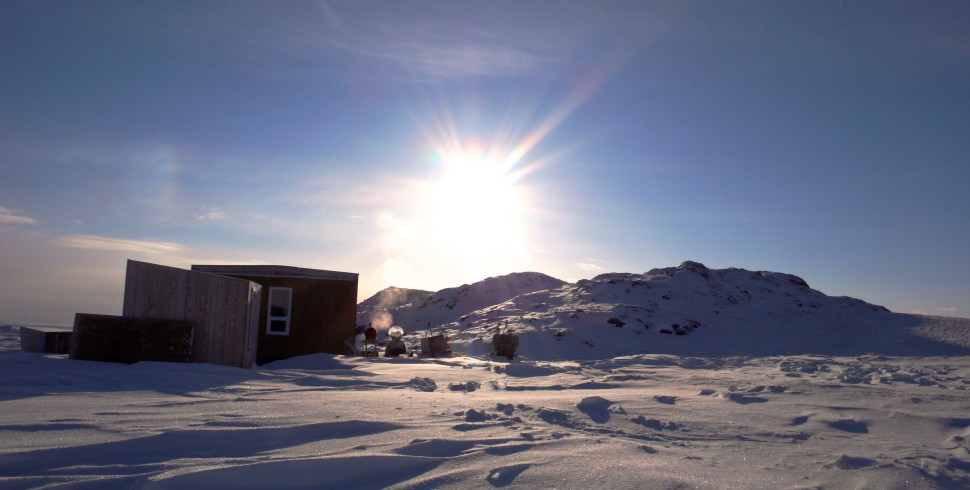
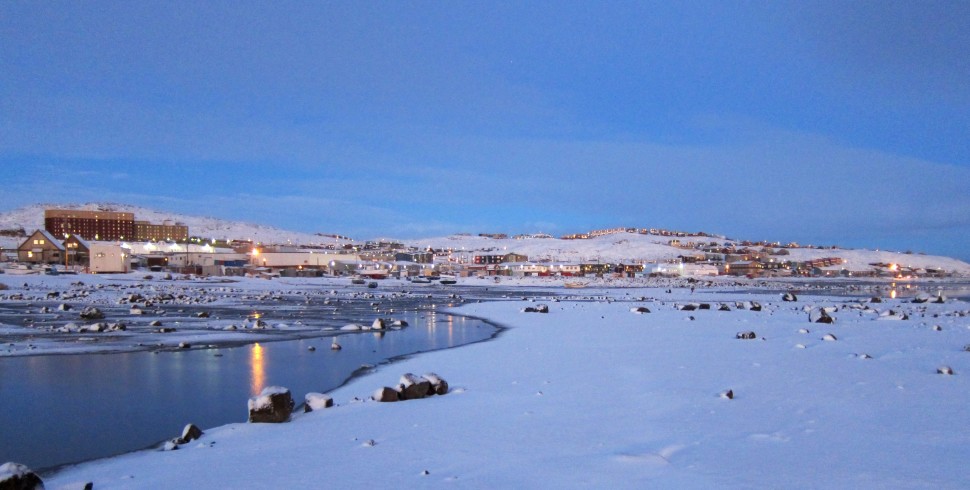
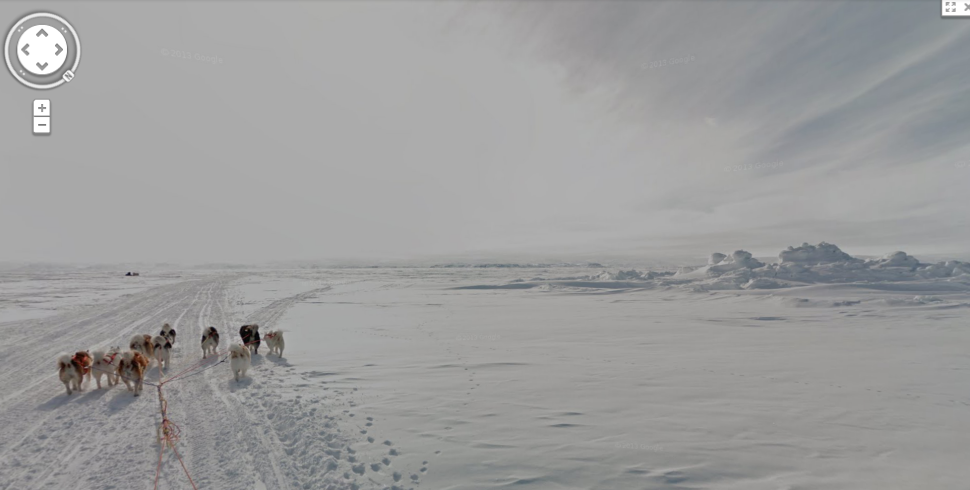

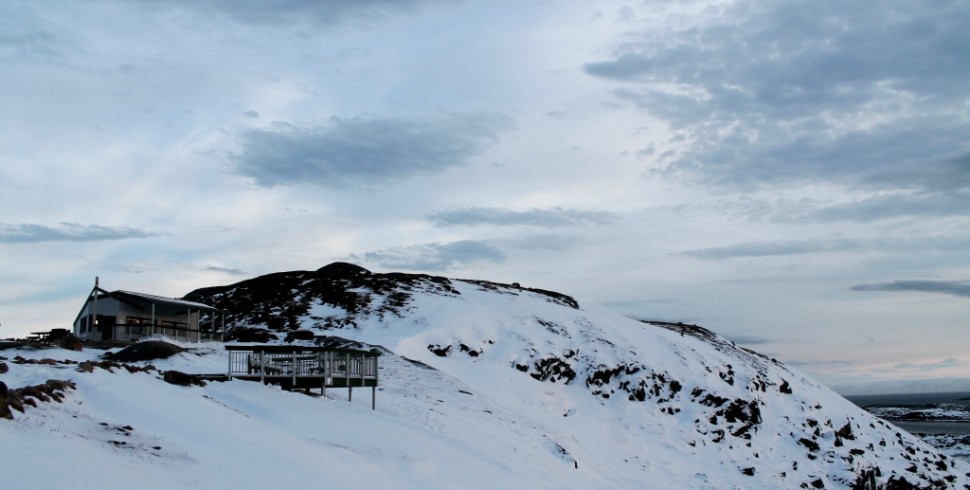

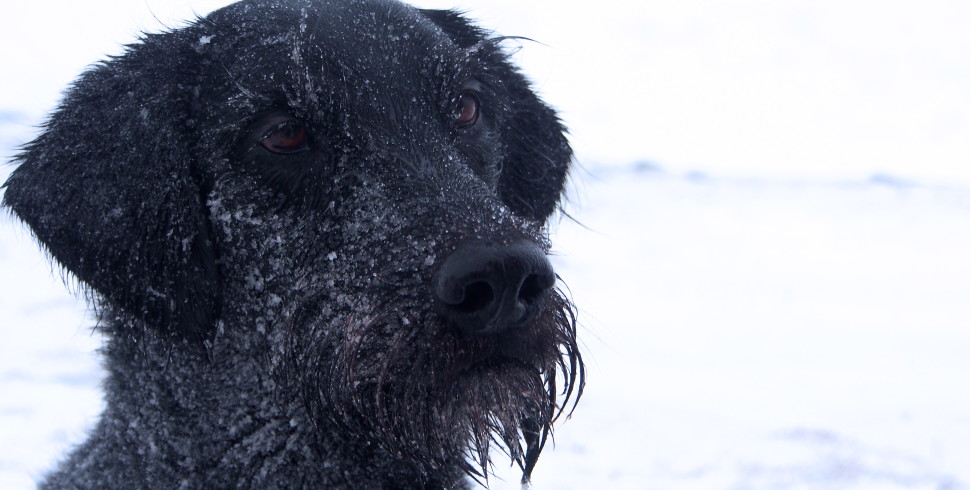
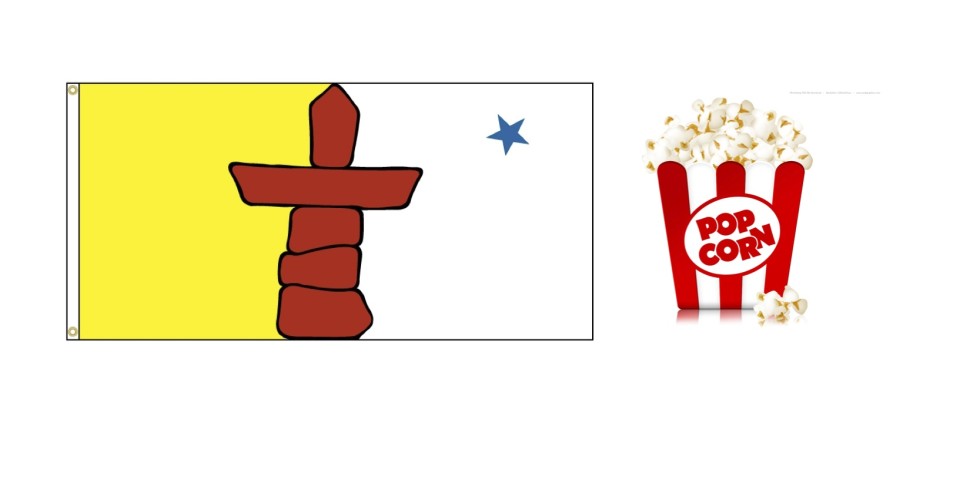



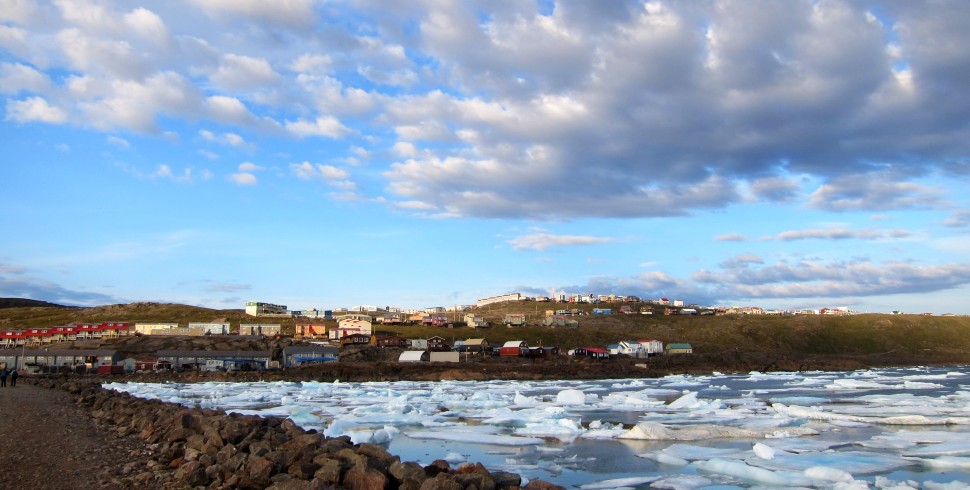
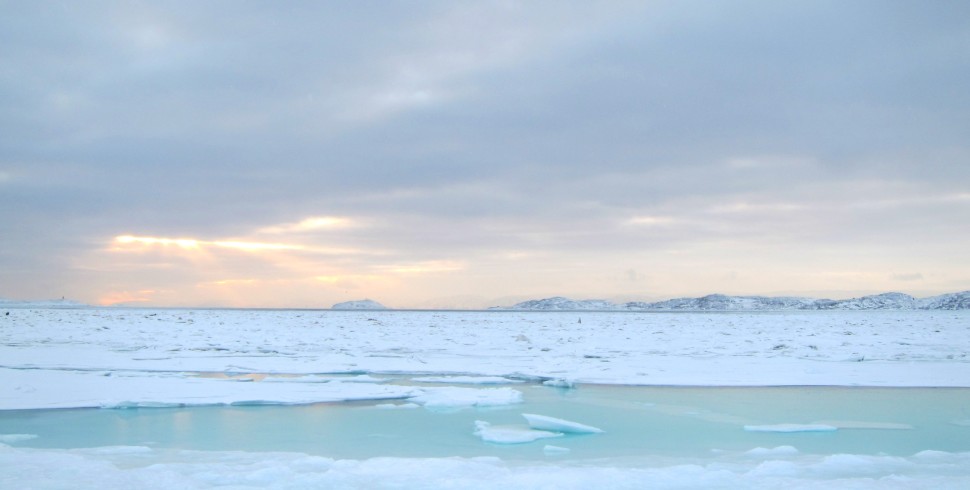
Pingback: What Happened in Iqaluit When I Left for 12 Days
Pingback: Absolute Car-nage: A Field Guide to the Bumpers of Iqaluit